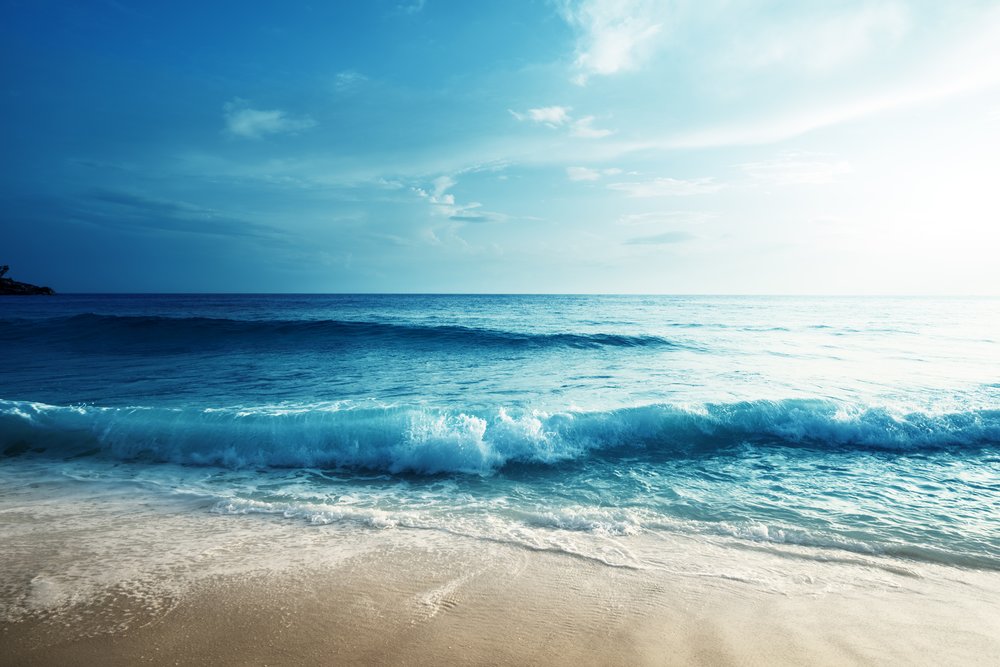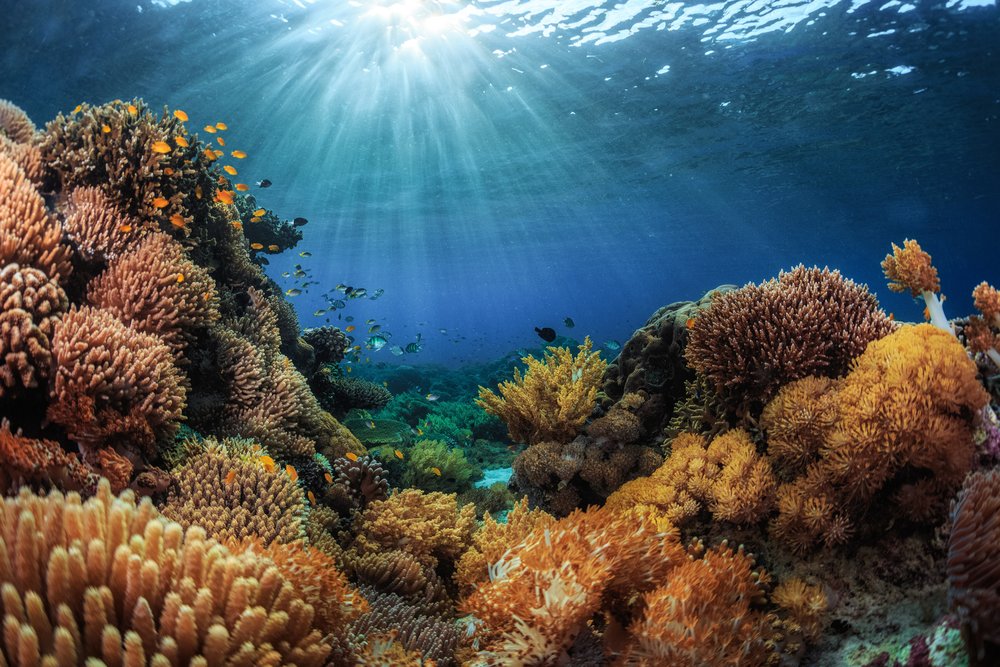(631) 732-1112
Scattering Cremated Remains at Sea
People are increasingly choosing to scatter cremated remains at sea as a final resting place. It
provides a way to remember the person who has passed on in a beautiful and natural setting.
There are several reasons why people choose to scatter a loved ones' remains at sea.
The Sea Holds an Important Place
Perhaps the deceased was a surfing enthusiast or a sailor. Or maybe it’s a particular beach
house or vacation spot that was especially beloved. Returning to a place that meant so much
during their lifetime often seems like just the right thing to do. For loved ones, visiting that
special spot by the sea can provide a more meaningful connection with the memory of the
person who has passed than visiting a grave site.

An Affordable and Environmentally Sound Choice
Compared to traditional burial in a cemetery, scattering cremated remains is considerably less
expensive. There is no casket or cemetery plot to purchase. And, unless the deceased had a
life insurance policy that covered burial and funeral costs, that expense is left to the survivors.
From an ecological standpoint, scattering at sea is also a wiser choice. It involves the use of
fewer chemicals, it avoids the consumption of lumber and other material in the construction of a
casket, and it doesn’t use up any land.
A Cathartic Experience for Survivors
The loss of someone near and dear to us triggers the grieving process and its five stages: guilt,
anger, numbness, yearning, and acceptance. Different people may experience the stages in
different sequences and may go back and forth between them before finally arriving at the
acceptance stage. The physical act of releasing cremated remains into the sea can be an
important step in the grieving process that will help a loved one get closer to the acceptance
stage.
Important Things to Know
All burials at sea, including the scattering of remains, are regulated by the EPA under the
Marine Protection, Research and Sanctuaries Act (MPRSA). It states that they cannot be held
within 3 miles of the shore and only materials that will easily decompose in water can be used. It
also stipulates that you must report the burial at sea within 30 days.
The EPA’s jurisdiction is limited to coastal waters. Scattering cremated remains in inland waters
such as lakes and rivers is subject to local state laws and regulations. For example, the New
York State Environmental Protection Agency prohibits scattering cremated remains in fresh
waters.

How to Scatter Remains at Sea
Considering the actual mechanics of scattering cremated remains is important. If you choose to
release the remains from an urn or container, you must take winds into account. A sudden and
unexpected gust of wind could send the remains back in your direction or onto the ship's deck. If
possible, choose the side of the ship that is shielded from the prevailing winds.
Another way to avoid cremated remains from getting caught by the wind is to release the
remains using a biodegradable urn to ease the remains into the waters.
There are many ceremony and reading options that are suitable for scattering cremated remains
at sea. Talk to the personal staff at New York Atlantic Funeral Services if you’re looking for
some suggestions or ideas.
Previous Posts
The Importance of An Appointment of Agent to Control Disposition
What is a Cremation Container?
Making Funeral Arrangements
Different Ways to Personalize Cremation Services
Dealing with Grief Over the Holidays
New Film: Getting Grace
3 Creative Ways to Remember a Deceased Loved One
3 Meaningful Ways to Celebrate a Loved One After Their Death
Pre-Planning a Burial or Cremation
Why Choose Cremation?
A Caring, Family Owned and Operated Business Serving the Medford, New York and Surrounding Area








Comments